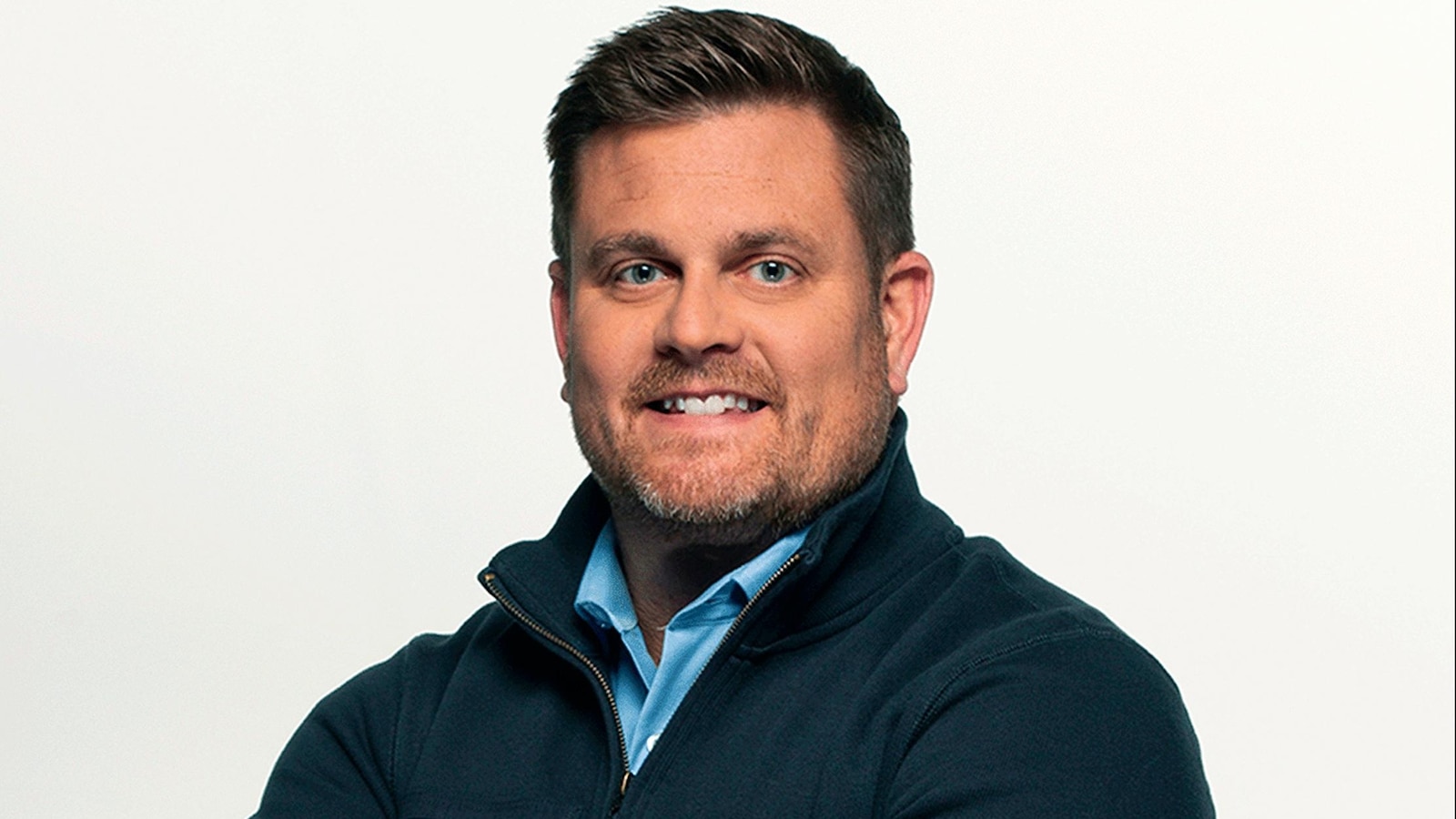The investigation into and search for the masked gunman who stalked and killed the head of UnitedHealthcare has moved into its third day. Possible leads have emerged about his travel before the shooting and a message scrawled on ammunition found at the crime scene.
Here’s the latest:
The gunman who killed the CEO of the largest U.S. health insurer made sure to wear a mask during the shooting yet left a trail of evidence in view of the nation’s biggest city and its network of security cameras that have aided authorities piecing together his movements and his identity.
A law enforcement official said Friday that new surveillance footage shows the suspect riding the subway and visiting establishments in Manhattan and provided more clues about his actions in the days before he ambushed UnitedHealthcare CEO Brian Thompson.
The gunman’s whereabouts and identity remain unknown Friday, as did the reason for Wednesday’s killing. New York City police say evidence firmly points to it being a targeted attack.
▶ Read more about the search for the gunman
In many companies, investor meetings like the one UnitedHealthcare CEO Brian Thompson was walking to when he was fatally shot are viewed as very risky because details on the location and who will be speaking are highly publicized.
“It gives people an opportunity to arrive well in advance and take a look at the room, take a look at how people would probably come and go out of a location,” said Dave Komendat, president of DSKomendat Risk Management Services, which is based in the greater Seattle area.
Some firms respond by beefing up security. For example, tech companies routinely require everyone attending a major event, such as Apple’s annual unveiling of the next iPhone or a shareholder meeting, to go through airport-style security checkpoints before entering.
Others forgo in-person meetings with shareholders.
▶ Read more about how companies protect their leaders
Those images include New York’s subway system, a law enforcement official said. In establishments where the person was captured on camera, he always appeared to pay with cash, the official said.
The official wasn’t authorized to discuss details of the ongoing investigation and spoke to The Associated Press on condition of anonymity.
— Mike Balsamo
Medica, a Minnesota-based nonprofit health care firm that serves 1.5 million customers in 12 states, said it’s temporarily closing all six locations.
The firm has offices in Minnesota, Wisconsin, Nebraska and North Dakota, and employs about 3,000 people. Employees will work from home, Medica spokesman Greg Bury said in an email Friday.
“The safety of Medica employees is our top priority and we have increased security both for all of our employees,” a statement from Medica said. “Although we have received no specific threats related to our campuses, our office buildings will be temporarily closed out of an abundance of caution.”
Bury also said biographical information on the company’s executives was taken down from its website as a precaution.
The insurer cited the fatal shooting of UnitedHealthcare CEO Brian Thompson in its announcement about the Dec. 12 event.
“All of us at Centene are deeply saddened by Brian Thompson’s death and want to express our support for all of those affected. Health insurance is a big industry and a small community; many members of the CenTeam crossed paths with Brian during their careers,” Centene CEO Sarah M. London said in a news release. “He was a person with a deep sense of empathy and clear passion for improving access to care. Our hearts are with his family and his colleagues during this difficult time.”
Centene Corp. has grown in recent years to become the largest insurer in Medicaid, the state- and federally funded program that covers care for people with low incomes. Insurers manage Medicaid coverage for states, and Centene has more than 13 million people enrolled in that coverage.
The insurance company also said it’s focused on ensuring the safety of employees and assisting investigators.
“While our hearts are broken, we have been touched by the huge outpouring of kindness and support in the hours since this horrific crime took place,” the company said.
But he said Friday that he’s confident police will arrest the shooter.
“We are on the right road to apprehend him and bring him to justice,” Adams said on TV station WPIX.
Later, it removed their names and biographies entirely.
Police and federal agents have been collecting information from Greyhound in an attempt to identify the suspect and are working to determine whether he purchased the ticket to New York in late November, a law enforcement official said.
Investigators were also trying to obtain additional information from a cellphone recovered from a pedestrian plaza through which the shooter fled.
The fatal shooting of Brian Thompson while walking alone on a New York City sidewalk has put a spotlight on the widely varied approaches companies take to protect their leaders against threats.
Experts say today’s political, economic and technological climate is only going to make the job of evaluating threats against executives and taking action to protect them even more difficult, experts say.
Some organizations have a protective intelligence group that uses digital tools such as machine learning or artificial intelligence to comb through online comments to detect threats not only on social media platforms such as X but also on the dark web, says Komendat. They look for what’s being said about the company, its employees and its leadership to uncover risks.
▶ Read more about the steps companies take to protect their leadership
Police said Thursday they found a water bottle and protein bar wrapper from a trash can near the scene of the ambush and think the suspect bought them from a Starbucks minutes before the shooting. The items were being tested by the city’s medical examiner.

